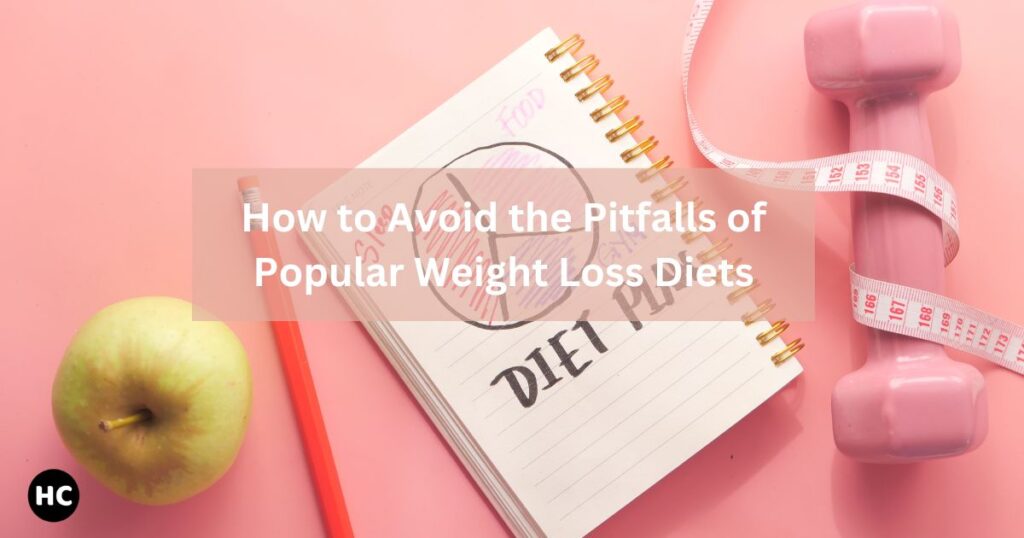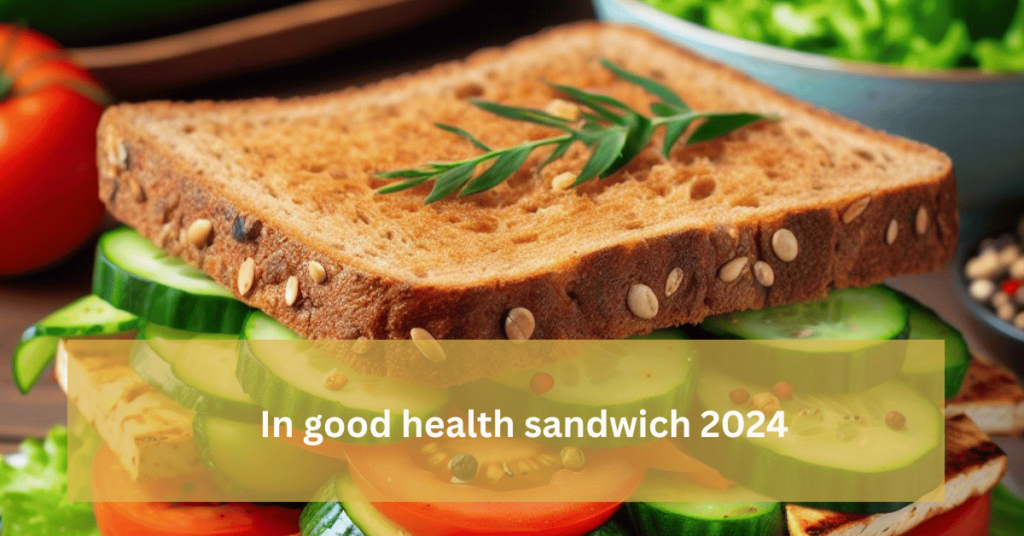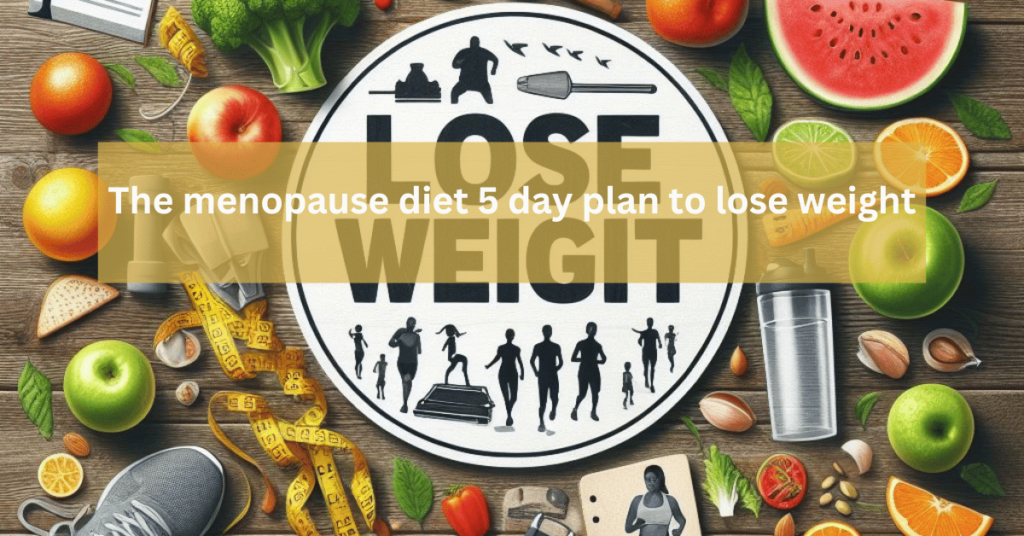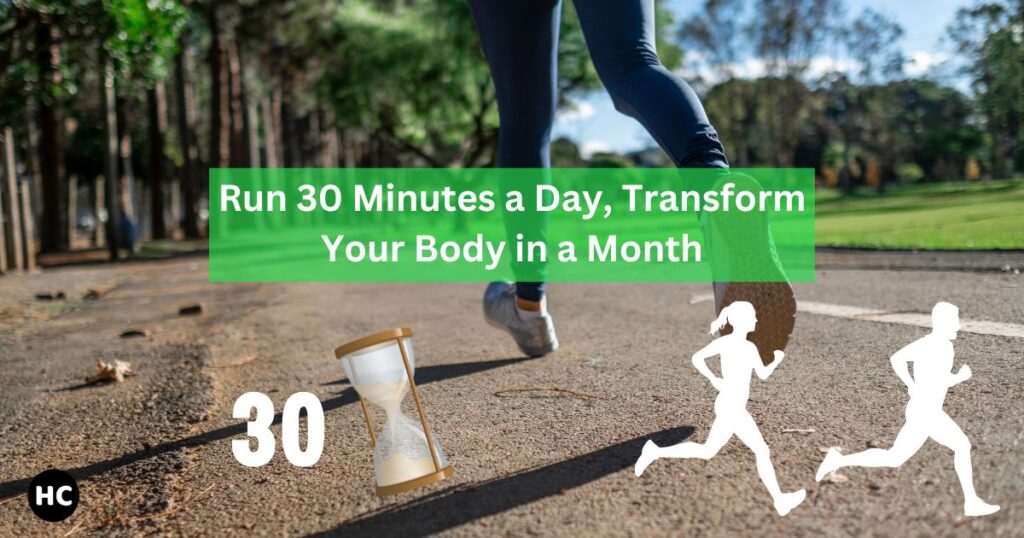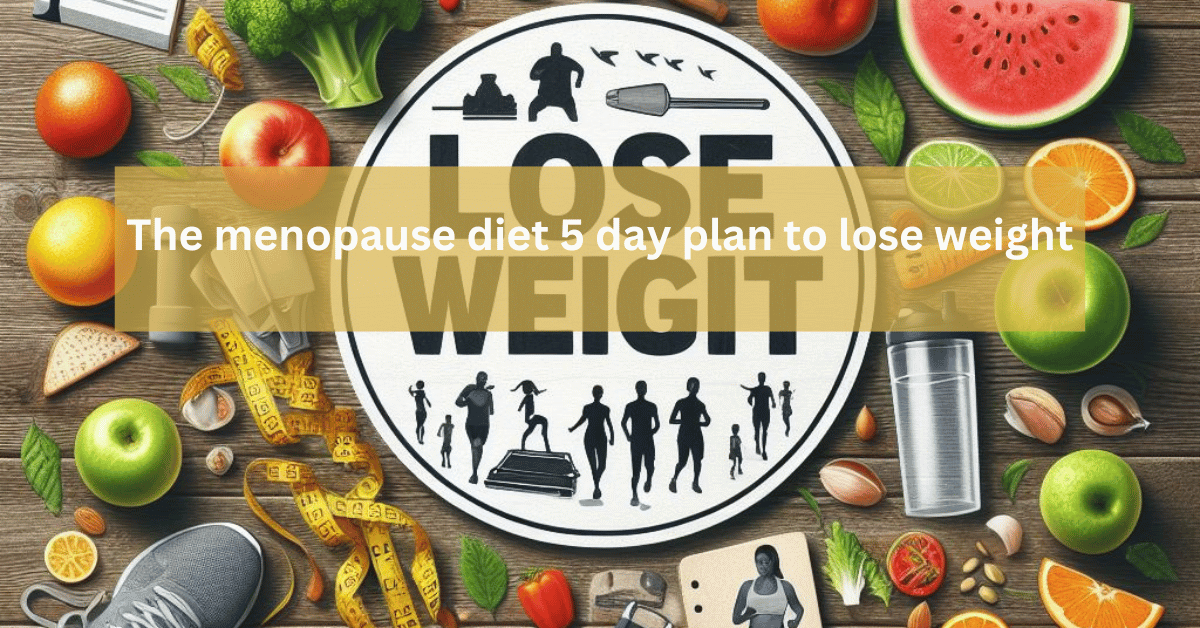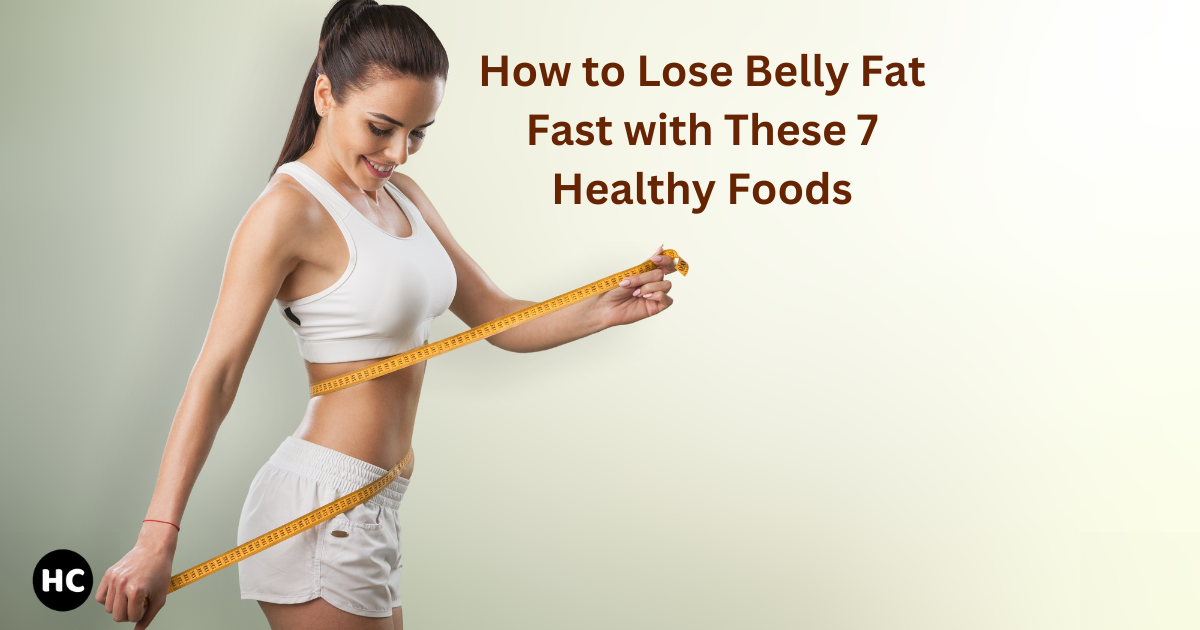Buckle up, guys, because the world of Weight Loss can be one crazy roller coaster with all those flashy fad diets promising miracles, right? But hold on tight, ’cause most of those diets are just a bunch of smoke and mirrors.
Sure, they might give you that quick drop on the scale, but let’s get real: they often leave you craving the good stuff your body needs.
Not cool, right? And guess what? They’re unhealthy and don’t stand the test of time!
Oh, and here’s the kicker—the moment you stop those diets, bam! You bounce right back to where you started. It’s like they’re playing a cruel trick on us!
But don’t worry, we’re here to uncover the truth about these so-called “magic” diets! Knowledge is power, and once you know the facts, you can make better choices for your health. So, fasten your seatbelts ’cause we’re about to debunk those diet myths and find the real deal! Let’s do this!
1. The Keto Diet
You know how our body is like an engine, right? Well, the fuel it prefers is carbohydrates, specifically glucose. But what happens if we don’t have enough of this fuel? That’s where the “keto” diet comes in. It’s a diet that drastically reduces your carb intake and replaces it with fat. By doing this, your body enters a special mode called ketosis, which starts burning fat for energy instead of glucose.
Benefits of the Keto Diet
The keto diet wasn’t invented recently; it dates back to the 1920s when it was first used to treat epilepsy. And it seems like it’s still helpful for managing that condition, according to some studies. But here’s an interesting twist: Recent research suggests that the keto diet might also be good for weight loss. How? It might make you feel more satisfied and reduce your food intake.
And that’s not all! People are talking about the potential benefits of a keto diet for diseases like cancer, diabetes, and Alzheimer’s. But let’s not jump the gun; more research is needed in these areas.
Drawbacks of the Keto Diet
Just like any other diet, it’s not all smooth sailing. When you first start the keto diet, some people experience what’s called “keto flu.” It’s a bunch of not-so-fun symptoms like headaches, fatigue, and nausea as your body gets used to this new way of getting energy.
And here’s where the debate comes in: Some studies have hinted at a possible link between the keto diet and heart disease because of its high-fat content. But scientists are still figuring that one out.
2. The Paleo Diet
Let’s take a trip back in time to when our ancestors were hunter-gatherers; that’s where the Paleo diet comes into play. The idea behind this diet is to eat like our ancient relatives, so it focuses on foods they would’ve had access to during the Paleolithic era. That means lean meats, fish, fruits, veggies, and nuts are on the menu, but grains and dairy are a no-go.
Benefits of the Paleo Diet
One of the big selling points of the Paleo diet is that it promotes whole, unprocessed foods packed with nutrients and usually lower in calories. And you know what? Research has suggested that this way of eating might help with weight loss and improve heart health. Sounds pretty good.
Drawbacks of the Paleo Diet
But there’s a catch. The Paleo diet says “No” to dairy products, legumes, and whole grains, even though they are part of a balanced modern diet and have health benefits. These foods have been linked to improved heart health and a lower risk of chronic diseases.
So, sure, the Paleo diet could be great for folks who want to cut down on processed foods and maybe shed some pounds. But before you go all in, remember that we need more research to know how it affects us in the long run. Plus, since it’s pretty restrictive, it might not fit everyone best.
3. The Vegan Diet
You’ve probably heard a lot about the vegan diet lately. It’s not just about what you eat; it’s a lifestyle choice for many people. So, with the vegan diet, you’re saying “no thanks” to anything that comes from animals, like meat, dairy, and eggs.
Benefits of the Vegan Diet
Now, there are some pretty cool health benefits to going vegan! Research shows that if you plan your meals well, a vegan diet can give you all the nutrients you need and even lower your risk of heart disease, high blood pressure, and type 2 diabetes. The secret sauce here is that it’s packed with fibre, has low saturated fat, and loads of antioxidants.
Drawbacks of the Vegan Diet
But let’s keep it real: there are some things you need to be mindful of when eating a vegan diet. Since certain nutrients like vitamin B12, iron, and omega-3 fatty acids are more easily found in animal products, you might need to be extra careful about getting enough of them. Sometimes, that means planning your meals carefully or taking supplements to ensure you’re getting everything your body needs.
4. Intermittent Fasting
You know, there’s this popular dieting method called intermittent fasting, and it’s quite different from most diets. Instead of focusing on what you eat, it’s all about when you eat. The basic idea is to divide your day or week into “eating windows” and “fasting periods.” One common approach is the 16/8 method, where you eat during an 8-hour window and fast for the other 16 hours.
Benefits of Intermittent Fasting
The cool thing about intermittent fasting is that it doesn’t tell you exactly what foods to eat, but it can work really well when combined with healthy eating. You see, it helps you lose weight by reducing your overall calorie intake and tweaking hormone levels to make weight loss easier. For instance, it can lower your insulin levels, boost growth hormone levels, and even help release the fat-burning hormone norepinephrine (noradrenaline).
And, hey, weight loss is just one of the benefits! Intermittent fasting may also give you better mental clarity, improve your heart health, and promote longevity. Pretty neat, right?
Drawbacks of Intermittent Fasting
But here’s the thing: It might not be a breeze for everyone. Some people might find it tough to go without food for extended periods, leading to overeating during the eating windows or giving up on the diet altogether. Also, since it doesn’t provide specific food guidelines, some folks might choose less healthy options, which could affect their overall health.
5. The Mediterranean Diet
Yummy foods from countries like Greece and Italy inspire the Mediterranean diet. The cool thing about this diet is that it’s all about embracing plant-based goodness. The show’s stars are many fruits, veggies, whole grains, legumes, and nuts. And instead of butter, they use olive oil to make things extra tasty. Plus, they love to use herbs and spices to add flavour, ditching excessive salt.
Benefits of the Mediterranean Diet
Here’s why it’s become so famous: this diet is great for your heart! Studies have shown that following the Mediterranean diet can lower the risk of heart disease. How? It helps keep the “bad” LDL cholesterol levels in check. You know, that’s the kind that can clog up your arteries and lead to heart problems. So, it’s like giving your heart a big ol’ hug!
The Mediterranean diet has other awesome benefits, too. It might help with weight loss, which is always a plus, right? Plus, there’s evidence that it can even help with managing symptoms of depression. Who would’ve thought food could have such a positive impact on your mood? And guess what? It’s like a secret to living longer, too! Some studies suggest that people who follow this diet live longer lives. It’s like a key to the fountain of youth but in a delicious, food-filled way!
Drawbacks of the Mediterranean Diet
But here’s the thing: It might not be perfect for everyone. Some people might find it hard to stick to this diet because of their preferences or cultural backgrounds. Also, some foods in this diet can be expensive or hard to find in some regions. And while it doesn’t have strict rules or limits, some folks might need more guidance or structure to make healthy choices.
6. The DASH Diet
DASH stands for Dietary Approaches to Stop Hypertension. Fancy name, right? But all it means is that this diet is about managing or preventing high blood pressure.
Benefits of the DASH Diet
So, what’s on the menu? Loads of good stuff! Fruits, veggies, whole grains, lean meats, and low-fat dairy are the show’s stars. And they’re all there to help keep that blood pressure in check. But hold up, there are some things you’ve gotta cut back on, like red meat, salt, and added sugars. They’re not so great for your blood pressure, so it’s best to go easy on them.
The best part is that this diet can work wonders quickly! Studies have shown that it can help bring down your blood pressure in just a few weeks. And that’s not all—it’s like a superhero diet! It can lower cholesterol levels and might even reduce the risk of some cancers, heart disease, stroke, kidney stones, and diabetes. Talk about a powerhouse of goodness!
Drawbacks of the DASH Diet
But fair warning, it’s not all rainbows and unicorns. You’ve gotta keep an eye out for sneaky sodium in processed foods. Those labels need a good read, my friend! And for some folks with specific metabolic conditions, the DASH diet is relatively high in carbs, which might need a little consideration.
7. The Low-FODMAP Diet
So, this diet isn’t as famous as some others, but it’s gaining popularity for helping people with a tricky condition called irritable bowel syndrome, or IBS. The name FODMAP might sound like a mouthful, but it’s just short for some types of carbohydrates found in certain foods.
Benefits of the Low-FODMAP Diet
When folks with IBS eat these carbohydrates, their small intestine doesn’t absorb them properly. So, they make their way to the large intestine, where the gut bacteria start having a little party, and they produce gas as a result. And that’s when the troubles begin—things like bloating, tummy pains, and changes in bathroom habits.
The low-FODMAP diet is like a superhero that comes to the rescue! It aims to reduce those pesky symptoms by cutting down on high-FODMAP foods. So, onions, garlic, legumes, wheat, and dairy might have to take a little break from the party.
And guess what? Studies have shown that this diet works! It can make a significant difference in managing IBS symptoms and bringing some much-needed relief.
Drawbacks of the Low-FODMAP Diet
But here’s the thing: it’s not a walk in the park. The low-FODMAP diet can be tricky to follow, so having a dietitian by your side is super important. They can guide you through the process and ensure you do it right. See, it can be a bit restrictive, and if you’re not careful, it might lead to some nutrient deficiencies.
8. The Flexitarian Diet
“Flexitarian” sounds like a mix of “flexible” and “vegetarian”? Well, that’s exactly what it is! This diet is all about being flexible with your food choices while leaning towards the plant-based side.
Benefits of the Flexitarian Diet
Here’s the cool part: with the Flexitarian diet, you can enjoy all those fantastic benefits of vegetarianism without saying goodbye to meat. It’s like having the best of both worlds!
Research says it’s a winner too! It can help with weight loss, improve your metabolic health, and even reduce the risks of heart disease, cancer, and diabetes. How awesome is that?
The secret to its success lies in its focus on plant-powered goodness. You’ll be loading up on fruits, veggies, legumes, and whole grains—all packed with fibre and antioxidants, making your body super happy!
Drawbacks of the Flexitarian Diet
Now, don’t worry about missing out on essential nutrients, either. While cutting back on meat, you’ll still get some occasionally, so you won’t have to stress about getting enough protein or stuff like iron, vitamin B12, and omega-3 fatty acids typically found in animal products. Flexitarians have your back!
But here’s the thing: it might not be perfect for everyone. Some people might find it hard to stick to this diet because of their preferences or cultural backgrounds. Also, some foods in this diet can be expensive or hard to find in some regions. And while it doesn’t have strict rules or limits, some folks might need more guidance or structure to make healthy choices.
Conclusion
There are so many diets, each with its benefits and drawbacks. But how do you know which one is right for you? Well, the answer is not so simple. It depends on your health goals, preferences, lifestyle, and needs. Here are some tips to help you choose the best diet for you:
- Consider your health goals. Do you want to lose weight, lower blood pressure, manage blood sugar, or improve mood? Different diets can affect these aspects of your health, so knowing what you want to achieve and how a diet can help you get there is important.
- Consider your preferences. Do you like meat or prefer plant-based foods? Do you enjoy cooking or prefer convenience? Do you have any allergies or intolerances? These factors can influence how easy or hard it is to follow a diet and how satisfied you feel.
- Consider your lifestyle. Do you have time to plan and prepare your meals? Do you have access to a variety of foods? Do you travel a lot or eat out often? These factors can affect how feasible or realistic it is to stick to a diet and how flexible you need to be.
- Consider your needs. Do you have any medical conditions or medications that might affect your diet? Do you need any supplements or special foods to meet your nutritional needs? These factors can determine how safe or effective a diet is for you and how much guidance you need from a healthcare professional.
Remember, there is no one-size-fits-all diet that works for everyone. The best diet for you is the one that suits your individual needs and goals, that you enjoy and can stick to, and that keeps you healthy and happy!
Before you dive into any major diet changes, it’s a smart move to chat with a healthcare pro. They can give you personalized advice and ensure it’s all safe and sound.
Conclusion
In conclusion, navigating the realm of weight loss diets can be challenging, but by understanding the common pitfalls and implementing strategies to avoid them, individuals can pursue healthier and sustainable approaches to achieving their goals. By focusing on balanced nutrition, realistic expectations, and personalized plans tailored to individual needs, it’s possible to sidestep the pitfalls of popular weight loss diets and embrace a lifestyle that promotes long-term health and well-being.
FAQ
1. What are some common pitfalls of popular weight loss diets?
Popular weight-loss diets often promote rapid weight loss through extreme measures, leading to nutrient deficiencies, metabolic slowdowns, and unsustainable habits. They may also neglect individual dietary needs and promote unhealthy relationships with food.
2. How can I identify a potentially problematic weight loss diet?
Look out for diets that promise rapid results with little effort, overly restrict certain food groups, or lack scientific evidence. Additionally, be wary of diets focusing solely on short-term weight loss without considering long-term health effects.
3. What are some signs that a weight loss diet may be harming my health?
Warning signs include fatigue, weakness, dizziness, hair loss, mood swings, and disruptions in menstrual cycles. If you experience any of these symptoms while following a diet, it’s essential to reassess your approach and consider seeking professional guidance.
4. How can I follow a balanced and sustainable weight loss plan?
Focus on incorporating various nutrient-dense foods into your diet, including fruits, vegetables, whole grains, lean proteins, and healthy fats. Avoid extreme restrictions and instead aim for moderation and portion control. Additionally, prioritize regular physical activity and prioritize sleep and stress management.
5. How can I differentiate between a legitimate weight loss strategy and a fad diet?
Legitimate weight loss strategies are based on scientific evidence, promote balanced nutrition, and encourage long-term lifestyle changes. Fad diets, on the other hand, often make exaggerated claims, lack scientific backing, and promote quick fixes without addressing sustainable habits.
6. What role does individualized nutrition play in successful weight loss?
Every individual has unique nutritional needs, preferences, and metabolic profiles. Therefore, a one-size-fits-all approach to weight loss is unlikely to be effective. Consulting with a registered dietitian or nutritionist can help tailor a plan that aligns with your needs and goals.
7. How can I maintain my weight loss progress without returning to old habits?
Focus on adopting sustainable habits that you enjoy and can maintain in the long term. This may include meal planning, regular physical activity, mindful eating practices, and seeking support from friends, family, or a professional. Additionally, be patient with yourself and celebrate small victories along the way.


